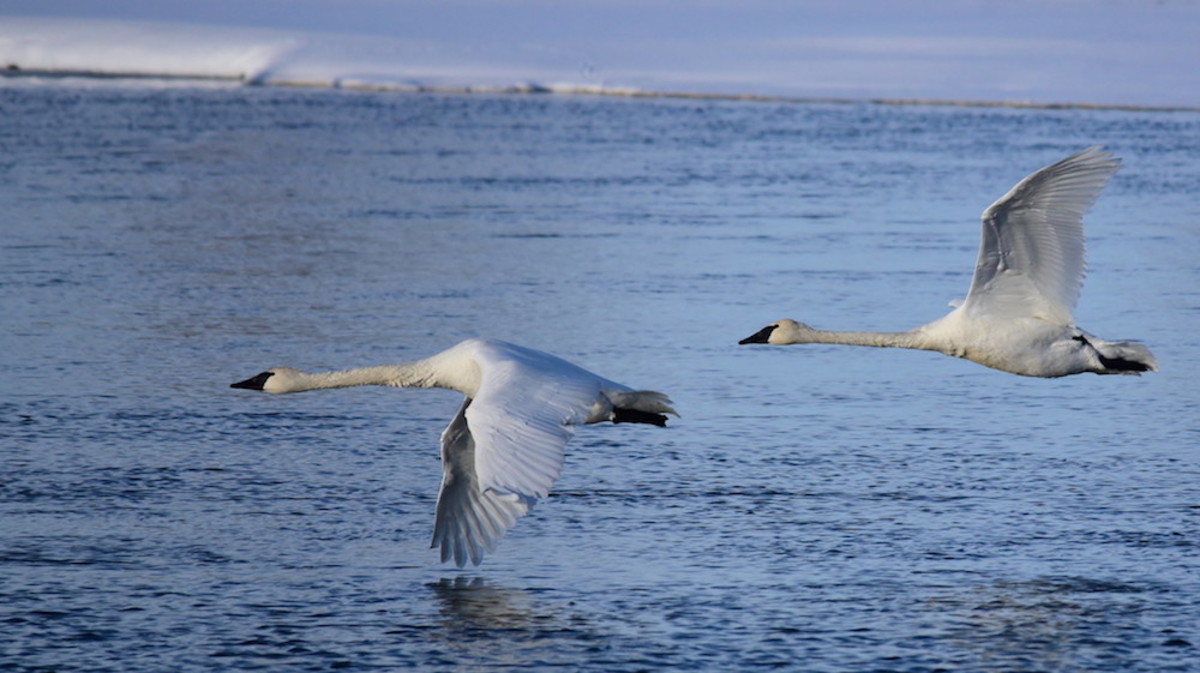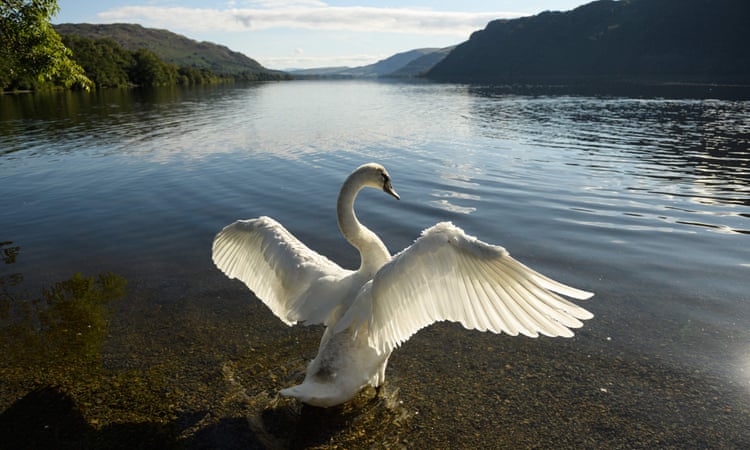Animal specialists in Kazakhstan are investigating the mysterious deaths of more than 600 swans whose corpses have been discovered in recent weeks at a nature preserve, near the site of a Soviet-era nuclear plant.
The south Asian country’s Lake Karakol is home to a wide array of threatened wildlife – with the nation’s president describing it as a “unique reservoir,” according to CBS News.
In recent weeks, however, the lake’s swan population has been decimated – though the exact cause remains unknown.
“Between 21 December and 8 January, a total of 675 swan carcasses were discovered on Lake Karakol,” the country’s ecology ministry told AFP.
It is possible that the swans were killed by avian flu, which has impacted millions of domestic and wild birds. Waterbirds, like swans and geese, are particularly susceptible to the disease.
In the United States alone 81,367,877 birds have been affected since January 2022, according to the Centers for Disease Control.
The disease has also impacted other wildlife, including at least one polar bear and 300 elephant seals, according to CBS News.
“This particular avian flu outbreak is of global scope,” an expert told CBS News. “It has affected many species of birds and mammals worldwide: that scope is unprecedented.”
In addition to the avian flu concerns, environmentalists have previously expressed concern about conditions in western Kazakhstan, where the lake is located. Activists have pointed to issues with both air and water quality, while President Kassym-Jomart Tokayev has called for further preservation of the lake.
This article by Madeline Fitzgerald was first published by The Messenger on 10 January 2024. Lead Image: Nearly 700 swans have been found dead at a nature preserve.Getty Images.
What you can do
Help to save wildlife by donating as little as $1 – It only takes a minute.



Leave a Reply